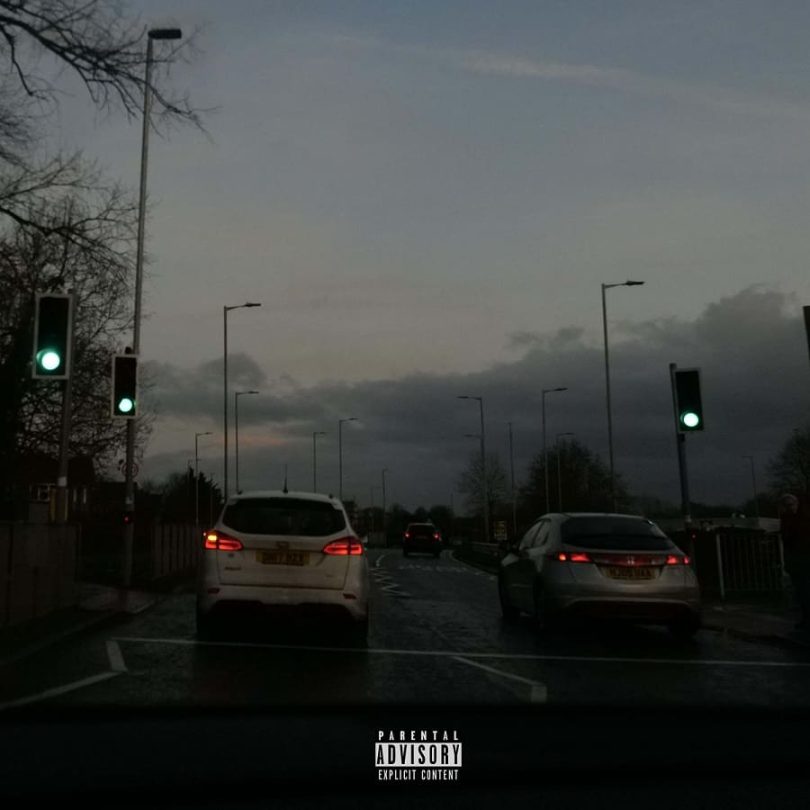

Bosom p-yung – masesa
Bosom P-Yung – Masesa
Masesa – Bosom P-Yung is a deeply expressive Afro-drill track that blends spiritual introspection with street realism, showcasing the artist’s unique voice and emotional intensity.
With Masesa, Bosom P-Yung delivers a gritty yet soulful performance that captures the duality of remorse and self-awareness through a genre-defying soundscape. Known for his avant-garde style, theatrical delivery, and unapologetic originality, the Ghanaian artist pours raw emotion into this track, using it as a form of both confession and reflection. The song’s title, which translates to “I’ve changed” in Twi, sets the tone for a piece that leans into themes of repentance, transformation, and the internal battle between right and wrong.
The emotional core of Masesa lies in its honesty. Bosom P-Yung doesn’t present himself as a flawless figure; rather, he exposes his scars, mistakes, and regrets. The track feels like an open letter to himself and perhaps to those he’s wronged. Instead of moralizing or seeking pity, he wrestles with his past in a very human way, making the song deeply relatable to listeners navigating growth, guilt, or reinvention. This kind of vulnerability is rare in the often boastful world of street music, and Bosom P-Yung uses it to full effect, turning personal pain into powerful storytelling.
Musically, Masesa is rooted in Afro-drill but heavily influenced by highlife and trap. The beat is solemn and brooding, driven by minimalist piano melodies, soft choral elements, and a hard-hitting 808 that gives the track weight without overpowering its emotional tone. The producer carefully balances traditional African rhythms with modern drill aesthetics, allowing Bosom’s delivery to sit front and center. There’s a noticeable tension in the arrangement—an intentional conflict between the softness of the harmonies and the cold, punchy percussion—which mirrors the song’s inner struggle.
Bosom P-Yung’s vocal performance is nothing short of theatrical. He delivers his lines with deliberate pauses, sudden shifts in tone, and a rawness that makes every word feel like it’s being pulled straight from his chest. His vocal inflections fluctuate between melancholic singing, impassioned cries, and gravelly, near-spoken verses. This expressive style enhances the emotional gravity of the track and sets him apart from more conventional drill rappers. Bosom isn’t rapping to impress; he’s speaking to heal.
Lyrically, Masesa is rich with metaphor and cultural references, but it’s also surprisingly direct. He touches on personal loss, misguided decisions, and spiritual reckoning—invoking the concept of change not just as an idea, but as a lived process. There’s a spiritual undertone that runs through the verses, subtly referencing prayer, forgiveness, and the hope for inner peace. The simplicity of some lines makes them hit harder, especially when juxtaposed with more poetic reflections. He uses Twi phrases and Ga-inflected cadences to root the track deeply in his identity, giving it an unmistakably Ghanaian authenticity.
Fans have responded to Masesa with admiration and respect. Many listeners have praised Bosom P-Yung for baring his soul and stepping away from the usual hypermasculine persona seen in drill and trap. On social media, the song has sparked conversations about growth, redemption, and the importance of staying true to one’s journey. Listeners have even described the song as “a prayer disguised as a drill track,” applauding its meditative quality. While the track may not be a commercial club hit, it’s gaining traction as a cult favorite—an anthem for those seeking transformation and meaning in a chaotic world.
In the context of Bosom P-Yung’s career, Masesa is a standout. It proves that he’s more than a viral figure or quirky performer—he’s an artist capable of depth, nuance, and genuine storytelling. The song doesn’t abandon his trademark unpredictability, but it channels it into something much more grounded and impactful. It marks a matured chapter in his discography, one where he shifts from shock value to substance without losing his identity.
Ultimately, Masesa is a profound musical expression—a quiet storm of pain, reflection, and renewal. It’s a reminder that change is messy, healing is nonlinear, and even the most unconventional voices have something deeply spiritual to offer. Bosom P-Yung may be one of Ghana’s most polarizing artists, but with Masesa, he earns his place as one of its most emotionally resonant ones too.
